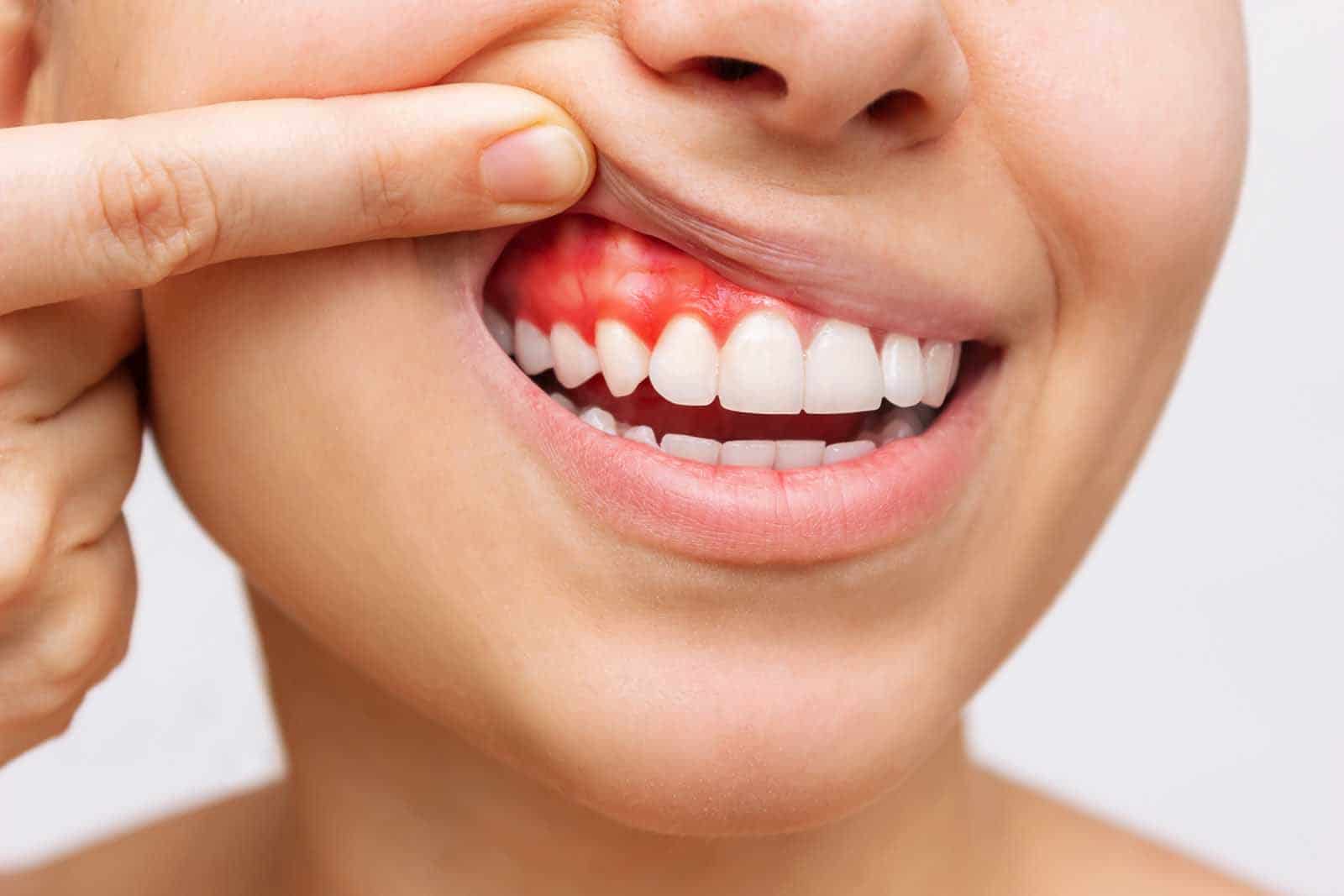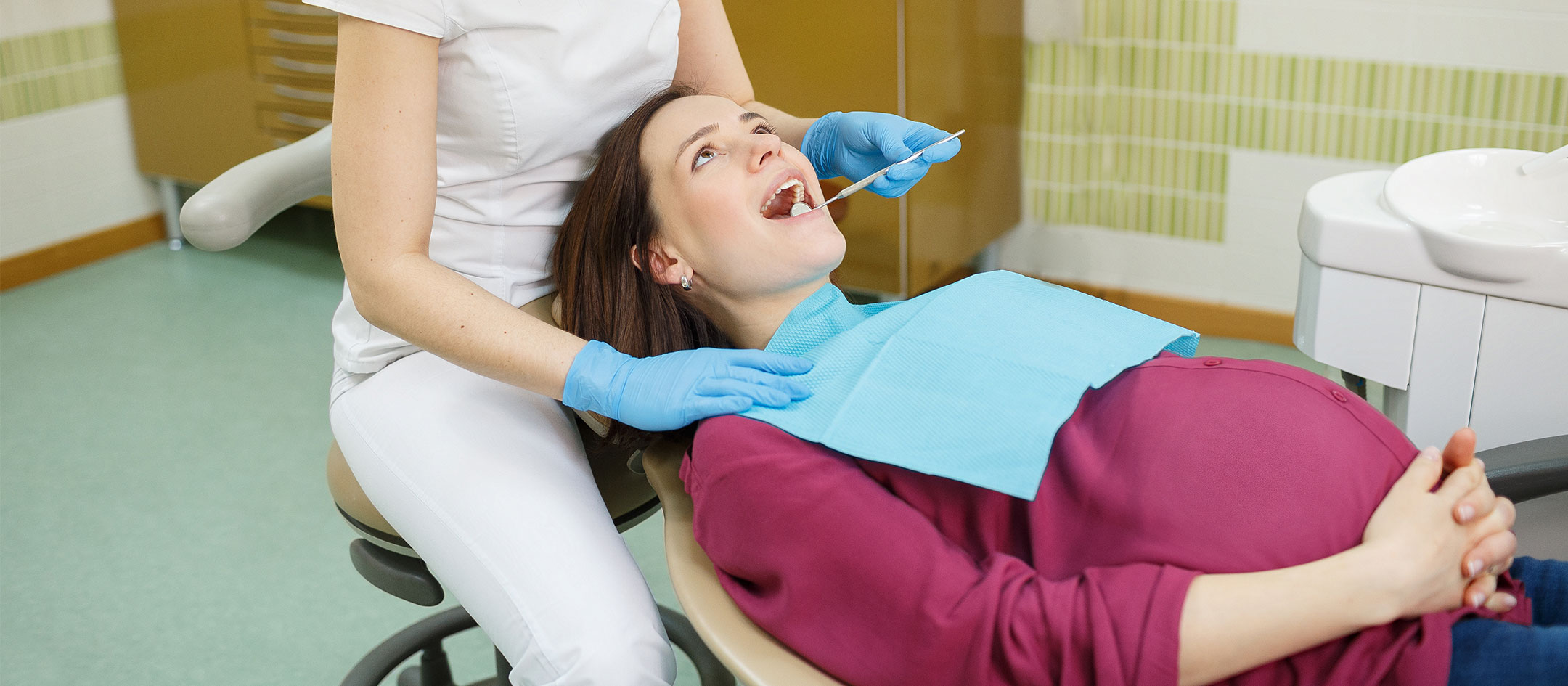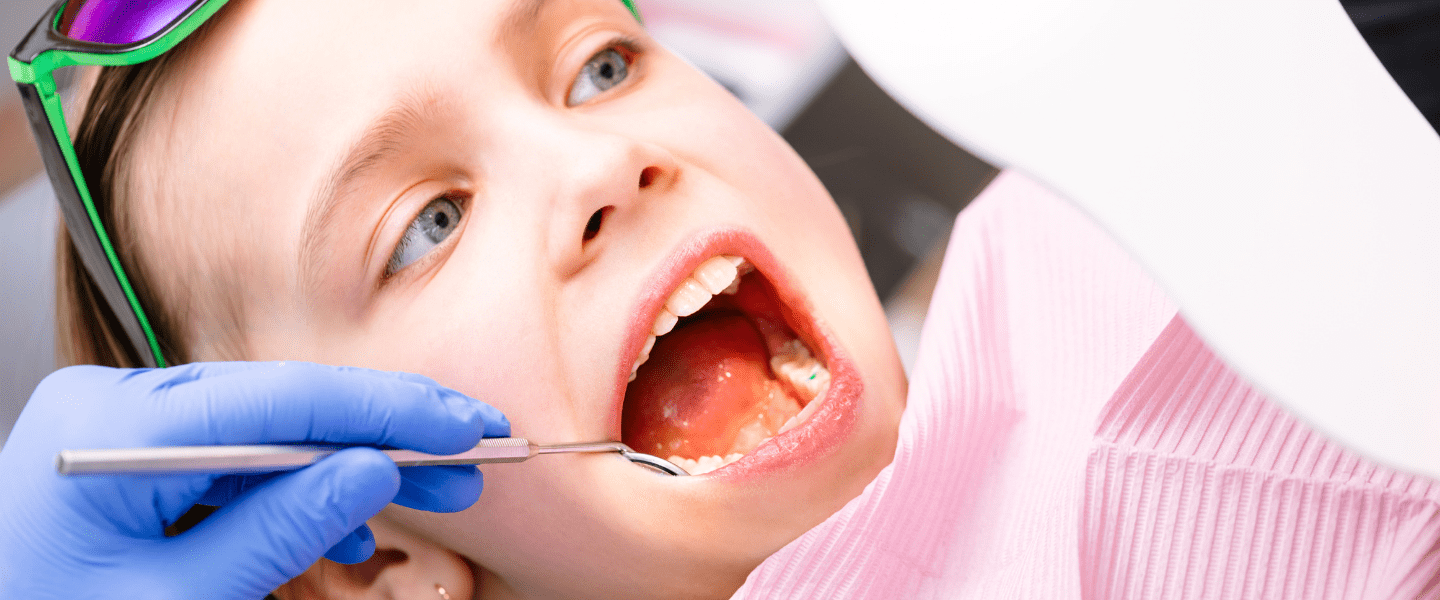Working Time
-
Mid-week 09:00 - 21:00
Saturday 09:00 - 21:00
Sunday: Close
Contact Info
-
0212 651 42 42
- [email protected]
Ask Question
Jaw Joint Treatment

What is Temporomandibular Joint Disorder (TMJ)?
Jaw joint disorder is a common condition, especially in young and middle-aged groups. This condition manifests itself with symptoms such as head, ear, jaw-facial pain, tinnitus, noise coming from the jaw joint, restricted mouth opening, pain or jaw shifts. In some cases, the condition can persist for many years without obvious symptoms, while in other cases it can severely interfere with daily life.
Causes of Jaw Joint Disorder
Teeth Clenching and Grinding: Overloading the jaw joint and facial muscles without realizing it can cause jaw joint disorders.
Non-physiological Tooth Closure: Incorrect bite (occlusion) can negatively affect the jaw joint.
Trauma: Previous traumas in the maxillofacial region can lead to this condition.
Solution Methods
The treatment of jaw joint disorders depends on the specific condition of the patient and there is no single treatment method.
Reducing Spasm in the Maxillofacial Muscles: If there is spasm in the jaw muscles, it is important to relieve these spasms.
Ensuring Optimum Closing: If the teeth do not bite properly, this situation should be corrected. Fillings, prostheses or crowns-bridges are reviewed.
Night Plate: Night plates may be recommended to prevent excessive chewing pressures and reduce clenching.
Is Jaw Joint Discomfort a Problem for You?
Your answers to the following questions can give you an idea of whether you have jaw joint discomfort:
Are you aware that you clench or grind your teeth?
Do you feel pain in your maxillofacial muscles in the morning?
Do you often have head and neck pain?
Does your pain increase when you clench your teeth?
Do you have sensitivity or wear on your teeth?
Do you have difficulty chewing?
Do your jaw joints make noise when you open and close your mouth?
Do you sometimes feel that your jaw is locked?
Recognizing and Treating Jaw Joint Disorder
The jaw joint has a complex structure consisting of the maxillofacial muscles, the bite of the teeth and the jaw bones. The balance of each of these structures is critical for the healthy functioning of your joint. If any of these structures are out of balance, the jaw joint alignment can be disrupted, leading to pain, noise, locking or chewing difficulties.
Muscle Problems: Stress, clenched teeth and incorrect posture can cause muscle spasm. This can lead to joint overload and tooth wear.
Closing Problems: Incompatible closure of the upper and lower jaw can lead to problems in the jaw joints.
Joint Problems: Conditions such as teeth clenching, trauma or arthritis can cause damage to the jaw joint.
Dentist Examination
A detailed examination by your dentist is very important in the diagnosis of jaw joint disorders. During this examination
The condition of your maxillofacial muscles,
The way your teeth bite,
The condition of your jaw joints,
The head and neck area is assessed for any trauma.
Your dentist will check for any nervous system or orthopedic disorders that may affect your muscles and will complete the assessment by measuring your jaw joints for pain, noise and maximum mouth opening. At the end of the examination, the causes of your jaw joint disorder will be identified and a customized treatment plan will be created for you.
STUDENT ORAL AND DENTAL HEALTH
Online



